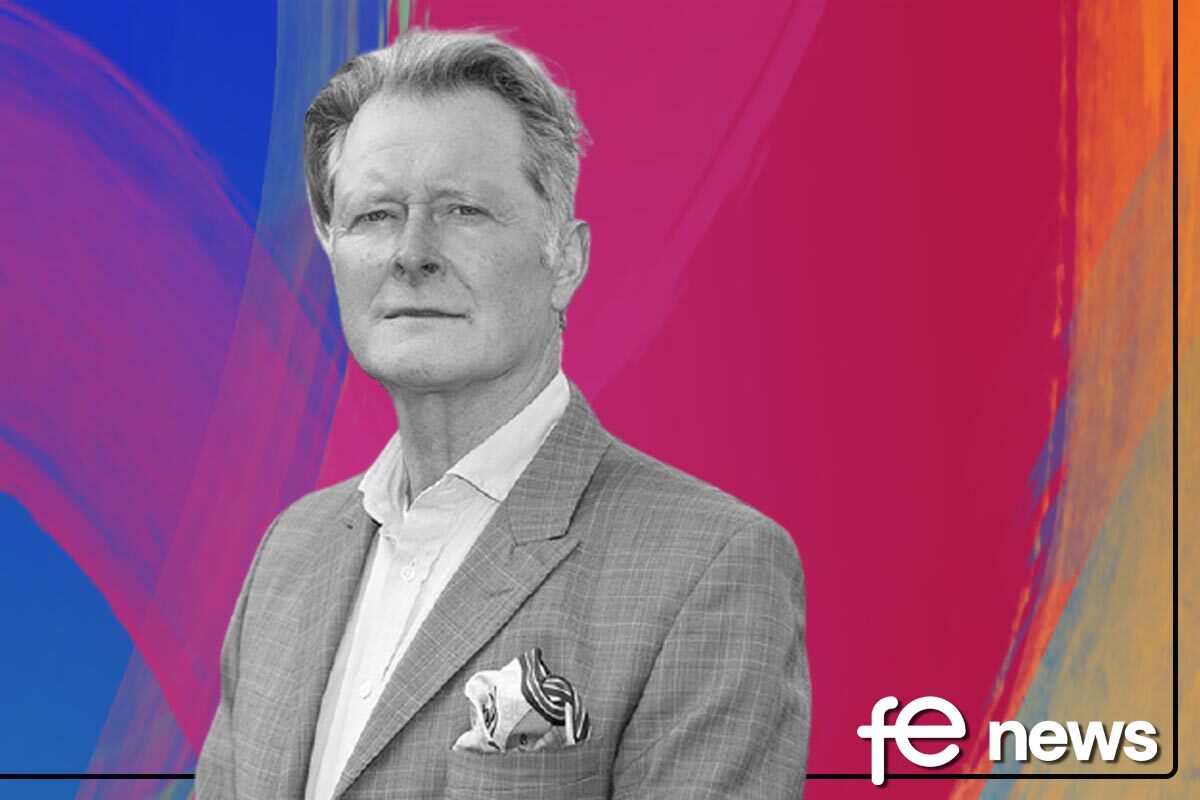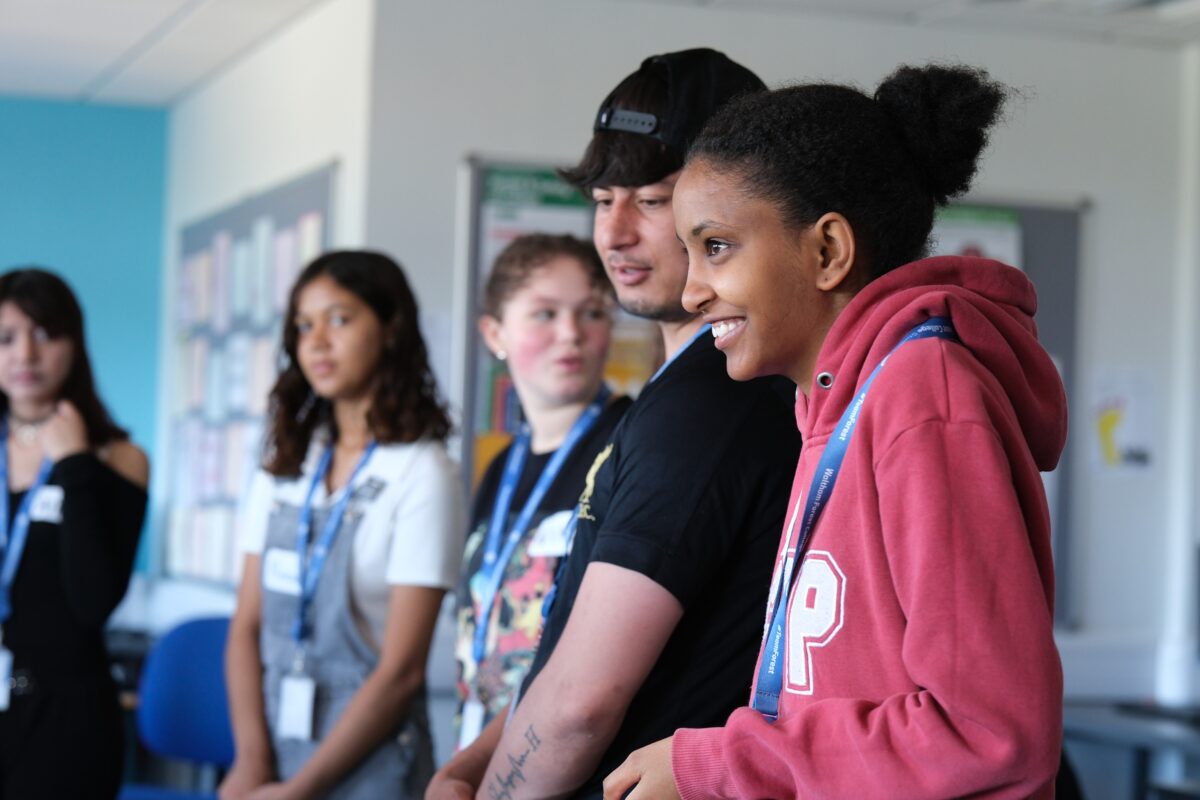Leadership 2022 – A New Blueprint For Basic Human Stuff!

“…What’s important isn’t fame or glamour, none of these things I used to dream about, it’s the ability to endure…” Nina, ‘The Seagull’, Anton Chekov.
As we begin 2022 we are living with continuing tensions created by: The Discombobulating effects of a Coronavirus Pandemic; the Staggering impact of a growing Mental Health Crisis Galloping Inequality; & Plummeting Social & Political Trust.
And to some degree we have all become crisis managers, whilst some have been leaders in a crisis that hasn’t followed a traditional management or leadership playbook.
A New Reality
We are now in an era of uncertainty with a series of never-ending crisis that may threaten to overwhelm us. It might be the emergence of yet another coronavirus variant, or the continuing effects of climate change, the impact of globalisation, or growing inequality.
And all this against a backdrop of a lack of trust in our political, economic, and social institutions, which we’ll see isn’t anything new!
We need to endure, Yes.
But we also need a new blueprint for “Basic Human Stuff”. One that has accountability, authenticity, humility, and truth, at its heart, and one that can motivate, nurture, and sustain.
The Way We Are Now
Before anyone without a degree in epidemiology had heard of COVID_19, we were already in the middle of a mental health crisis in the UK.
Whilst worldwide over 260 million people were struggling with depression. A figure that according to a recent study has now increased by an estimated 27·6%, (an additional 53·2 million) due to the COVID-19 pandemic.
So, whilst we may have all been in the same storm over the past two years, it’s very clear that we haven’t all been in the same boat, and there are hard yards yet to come.
These have been extraordinary times, with ordinary people routinely doing extra-ordinary things, but it was far easier to be confident of people’s responses at the beginning of this pandemic than it is now after we have put up with nearly two years of living with lockdowns and other restrictions.
And we have now come to the point where we need to ask some hard questions of ourselves, how we want to be, and about what sort of society we now want to live in?
Communication & Clarity Remains Important
Employers have asked much of their staff and employees have tried to give their best. However, has there always been clarity around expectations?
Has a distinction been made between the short-and medium-term priorities, and the known challenges and competing pressures named, shared and understood?
And has everyone been given a voice and the confidence to speak and be heard?
Another factor that has impacted upon mental health is the ascendancy of catastrophizing language.
In normal times traumatic events can leave a broad and lasting mark and not just on those directly affected by events.
After 9/11, people who were not directly exposed to trauma, but spent many hours in front of a television or looking at their smartphones were at high risk for psychopathology, including PTSD, depression and anxiety.
COVID_19 has directly and indirectly touched the lives of many more people.
At times during the early months of the pandemic over a third of the world’s population was experiencing some form of lockdown restrictions.
And whilst this is no longer the case the catastrophizing continues.
It’s a dominant, all-encompassing narrative, playing to our need to make sense of a threat that is causing what the palaeontologist Mary Leakey called, “a moment of doubt.”
Of course, we have experienced much more than a moment, but the need is also primeval, visceral and it reaches back through 180,000 generations of evolution.
The combined impact of a language and a social media that can censure and close debate is having a profound effect on our ability to maintain our balance, perspective, and ability to rationalise, and ideate.
Nuance, kindness, courtesy, and compassion have all become casualties, and none of these are optional extras for a civilised, well-functioning society, or for our self-esteem and general wellbeing.
This is pervasive and will be undermining trust i.e., the connective tissue that binds together everything we do & who we are — Our relationships, our actions, and our expectations of each other.
A Trump Card!
The dynamic between the leader and those they lead goes back to something primeval, and at its heart is trust. But is the requisite trust always present?
Trust is a two-way street, and if those we lead don’t feel trusted, respected, and connected, toxic feelings can accumulate in the workplace and eat away at the tacit, but all-important psychological contract.
Employees in a high trust environment report:
74% less stress,
106% more energy,
13% fewer sick days; &
76% more engagement.
There is an old Dutch saying:
“Vertrouwen komt te voet en gaat te paard.” Johan Thorbecke (1798–1872)
Which translates as: “Trust comes on foot but leaves on horseback.”
It serves to remind us that trust takes time to build but is quickly lost. The loss, or lack of trust though is nothing new.
Over thirty years ago, Stephen Richards Covey wrote:
“Almost everywhere we turn, trust is on the decline. Trust in our culture at large, in our institutions, and in companies is significantly lower than a generation ago.”
That’s a damning indictment isn’t it, and it has continued to be the case down the years?
I would suggest though that whilst the COVID 19 pandemic has been a shock to our collective systems it provides a catalyst to rebuild trust, predicated on authentic and transparent actions, and nurtured by honest intentions.
In these difficult, unpredictable, and uncertain times the facts (if they are known) can change fast.
The communication, messaging, and the actions we take must change likewise. Particularly so, if it is our hand on the tiller and some are in boats that have lost sight of the shore.
Life is complicated and as a leader we may well find that we contradict ourselves, however we should seek not just to understand before being understood, but also to endeavour to make the complicated less complex.
We must give and take the permission to Change, Be and Do differently!
And yes we can still be courageous and decisive as leaders, challenging the unchallengeable, demonstrating an unwavering faith with an inner resolve that we can and will prevail, whilst having the discipline to confront every fact.
But we must find a new balance too, together with a renewed purpose, and not underestimate the positive power of trust!
The Importance Of Accountability & Leadership
As leaders the tension between responsibility and accountability is another factor we must pay heed to.
If accountability is lacking:
Expectations will be unclear, with A growing sense of not bothering or caring; & Systems and processes will start to corrode and breakdown.
And in a resulting vacuum employees may just avoid taking responsibility.
At the start of the pandemic, we were forced into what became the largest work from home experiment in the world.
Few would have contemplated this shift without putting in place a major change programme of 12–18 months to drive it forward. Yet many achieved the switch and made it happen in a matter of days.
The tides of time have ebbed and flowed, and we have re-entered the workplace, but have all the workforce fully re-engaged?
This means more than just touching base and having water cooler chats.
Accountability in the workplace is not about what is done by others, and it’s not about external control.
Before someone can be accountable to a team, a project, or a piece of work, they must first be accountable to themselves.
Accountability must stem from a personal place where responsibility is felt and owned.
It’s internal and intrinsic.
And as a leader you can’t gift, mandate, or manufacture it.
So, how do you influence people to be responsible and take accountability?
Be responsible yourself and ensure that you are accountable to those you lead,
Routinely have performance focussed coaching conversations and don’t focus on the process — focus on the purpose,
Make sure that accountability is shared and interconnected with the whole system — The core objectives, the policies and processes, the technology being used, and the metrics that will measure performance,
Understand Shared Accountability requires taking a more open and active approach to encourage creativity and innovation; & Adopt Principles Of Universal Subsidiarity to ensure all decisions are made at the point and time they need to be made!
More than ever, as we navigate these troubled waters, a leader must not take their people for granted. The priority must be to appreciate the team, appreciate their commitment, value their contributions, &, most importantly, thank them for their excellent service.
Because people who feel appreciated will also feel more confident, and invariably do more than expected. Appreciation is one of life’s greatest motivators!
Perhaps we should lead with humility, prioritising the wellbeing of others and encouraging our teams to also protect and advance the welfare of their colleagues, along with the organisation.
So, A New Blueprint For “Basic Human Stuff”
“Intelligence is knowing what to say and do. Wisdom is knowing when to say and do it.” the Mudd Partnership [Tweet This]
The following Blueprint builds on ideas from earlier pieces I’ve written for FE News in a series looking at Coronavirus, the new normal, and how to work with it:
Three ‘Steps To Rebalance’:
Self-Reflection: Focus on specifics, purpose, and avoid rumination,
Self-Awareness: Stay curious, focus on your impact, understand that whilst you will know your intention, others may not, and be open to feedback; &
Self-Care: “Burn bright, not out” — As you recognise and celebrate the successes of those you lead, extend that courtesy to yourself, and take the time to recharge YOU, perhaps with a Mindful Breathing exercise, at least as often as you recharge your phone!
Four ‘Statements of Intent’:
“Accept This Is Not The Time For Looking At Closed Doors” — Hellen Keller who was born without sight, speech or hearing said in her later years, “When one door closes another can open, but we look so long at the closed door that we do not see the one which has opened for us”,
“Exercise The ‘Principal of Charity’” — Accepting that imperfect you and extending that kindness, compassion, courtesy and respect to others, as you focus on human connection and “Become the Difference”,
“Make The Conscious Compromise” — Consider all the known facts, make the best choices you can, and use your authentic voice to tell people the what and the why; &
“Understand This” — Everyone has a voice. Everyone matters, and it takes everyone to achieve great results. The purpose of Leadership Excellence is to create more excellent leaders. Make this your purpose too and don’t just lead, coach!
Five ‘Values & Guiding Principles’:
Clarity, Precision, Trust — Because Wisdom comes when we call things by their proper name,
Connection, Empathy, Insight — Because People do Business with People,
Conviction, Courage, Vision — Because you Sculpt an Elephant by Chipping away everything that is not Elephant,
Curiosity, Purpose, Questioning — Because all Learning begins with Wonder; &
Discipline, Perseverance, Resolve — Because we must Craft in Poetry and Graft in Prose.
The Irish Novelist James Joyce observed:
“In the particular is contained the universal.”
So, just remember that to ‘Burn Bright, Not Out’:
“You don’t have to reinvent the wheel — Just do it better!” the Mudd Partnership [Tweet This]
Paul Mudd is a Trusted Adviser, Leadership Provocateur, Savvy Thinker, International Keynote Speaker, Best Selling Mindfulness Author, Global Well Being & Well Doing Influencer, Co-Founder and Director of the Mudd Partnership and Co-creator of the new tMP Hexagon Leadership & Coaching programme #ThinkHexagon © 2021.











Key I think at this time is Leadership
Thank you Steve